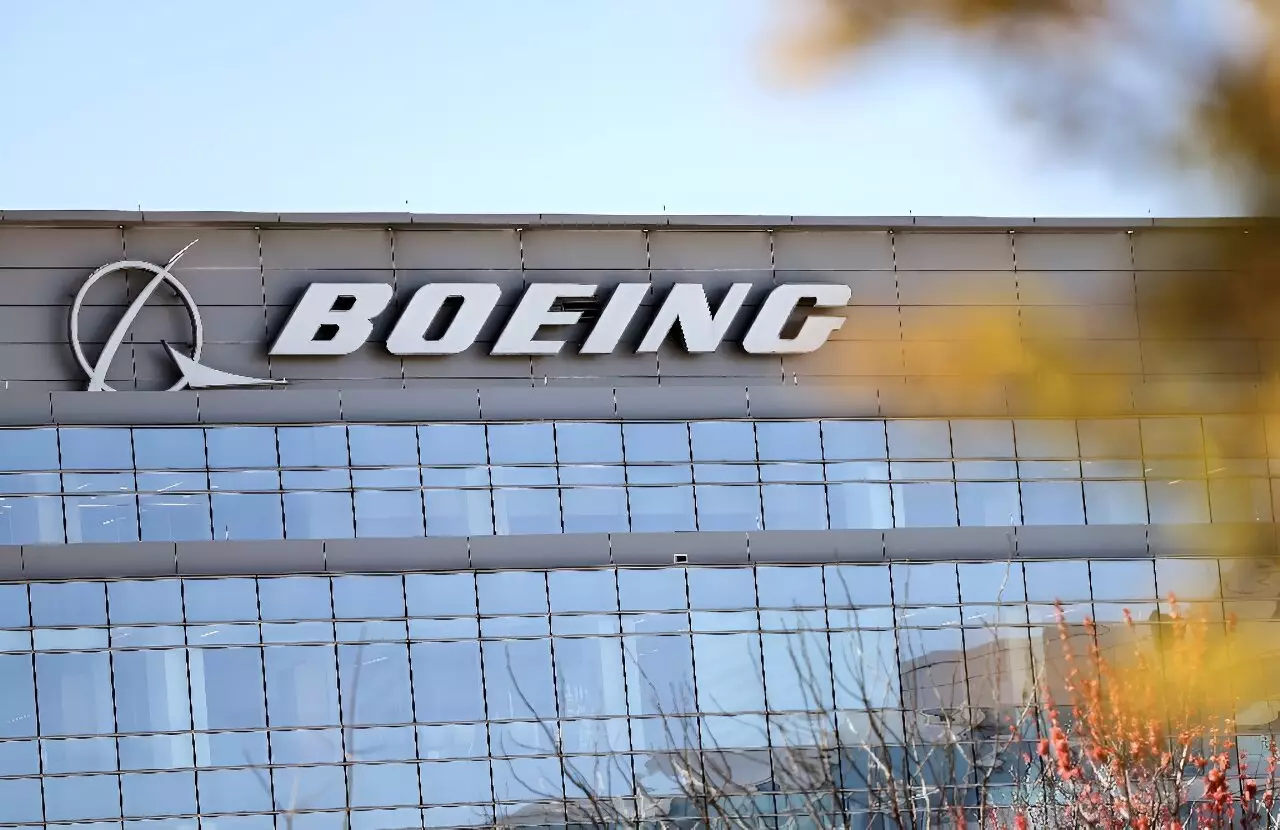The recent news of Boeing pleading guilty to fraud as part of a deal with the US Department of Justice over the fatal 737 MAX crashes has shaken the aviation industry. This development comes after prosecutors found that Boeing had breached an earlier settlement related to the disasters that claimed the lives of 346 individuals in Ethiopia and Indonesia over five years ago.
Boeing’s failure to improve its compliance and ethics program, as highlighted by the Department of Justice, is a significant cause for concern. The company was found to have violated a deferred prosecution agreement by not adequately designing, implementing, and enforcing a compliance and ethics program to prevent and detect fraud violations within its operations. This raises serious questions about Boeing’s commitment to safety and regulatory compliance.
Plea Deal and Sentencing
The plea deal, which includes a substantial monetary settlement of $243.6 million in addition to a previous fine of the same amount, is a step towards holding Boeing accountable for its actions. The terms of the agreement, such as organizational probation and the appointment of an independent monitor, aim to ensure that Boeing makes necessary improvements to its compliance, quality, and safety programs. However, some critics argue that the deal is too lenient and that it gives Boeing preferential treatment compared to other criminal defendants.
Families of the crash victims have expressed dissatisfaction with the plea deal, claiming that it unfairly favors Boeing and fails to deliver justice for their loved ones. The requirement for Boeing’s board of directors to meet with the families of the victims is a positive step towards acknowledging their pain and seeking restitution. However, the objection filed by the families’ legal team highlights the contentious nature of the agreement and the need for thorough examination by the court.
Lessons Learned and Industry Implications
The Boeing case serves as a stark reminder of the importance of regulatory compliance and ethical practices in the aviation industry. The company’s shortcomings in ensuring the safety of its aircraft have not only resulted in tragic consequences but also damaged its reputation and credibility. The ongoing scrutiny by regulators and lawmakers underscores the need for robust oversight and accountability measures to prevent similar incidents in the future.
Boeing’s guilty plea to fraud is a significant development that raises serious concerns about the company’s commitment to safety and regulatory compliance. The plea deal and sentencing terms will determine the extent of accountability and the impact on Boeing’s operations. As the aviation industry grapples with the aftermath of the 737 MAX crashes, it is essential for all stakeholders to prioritize safety, transparency, and adherence to ethical standards to prevent such incidents from occurring again.


Leave a Reply